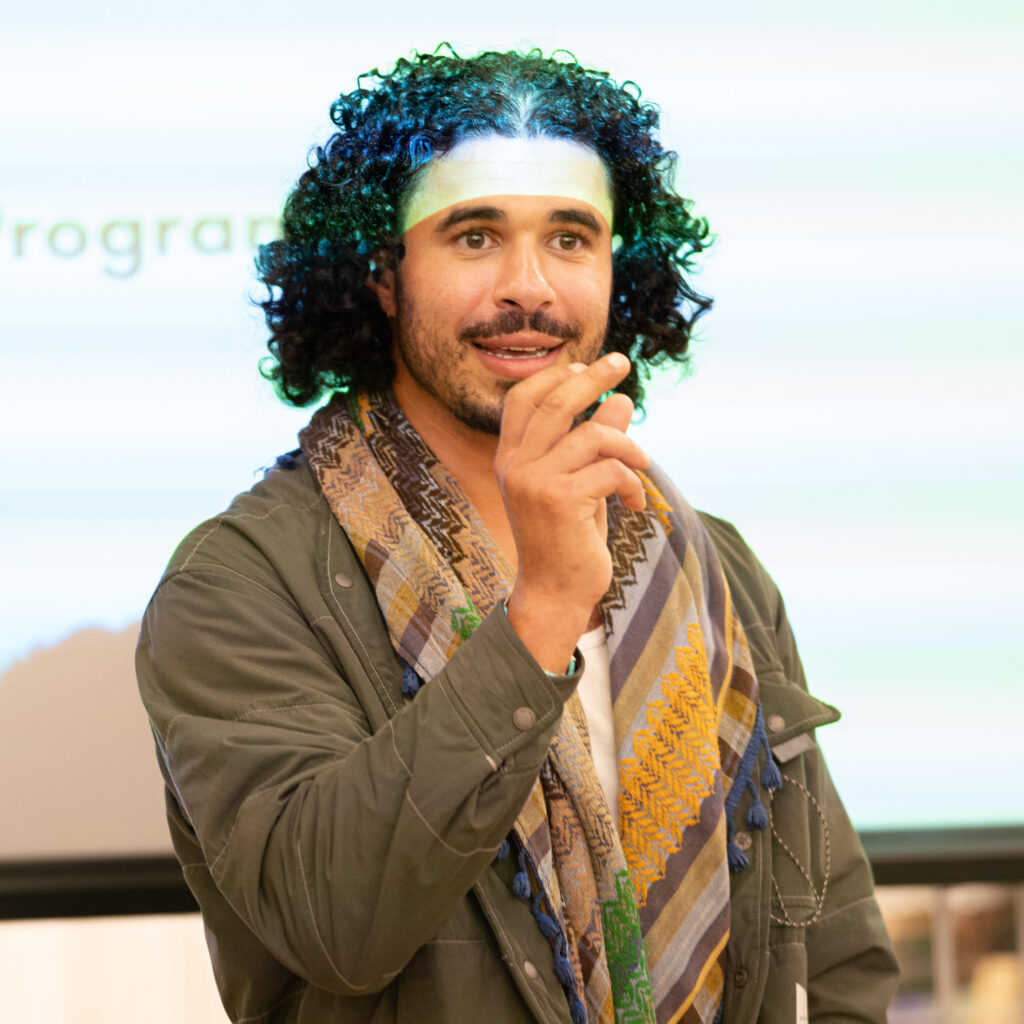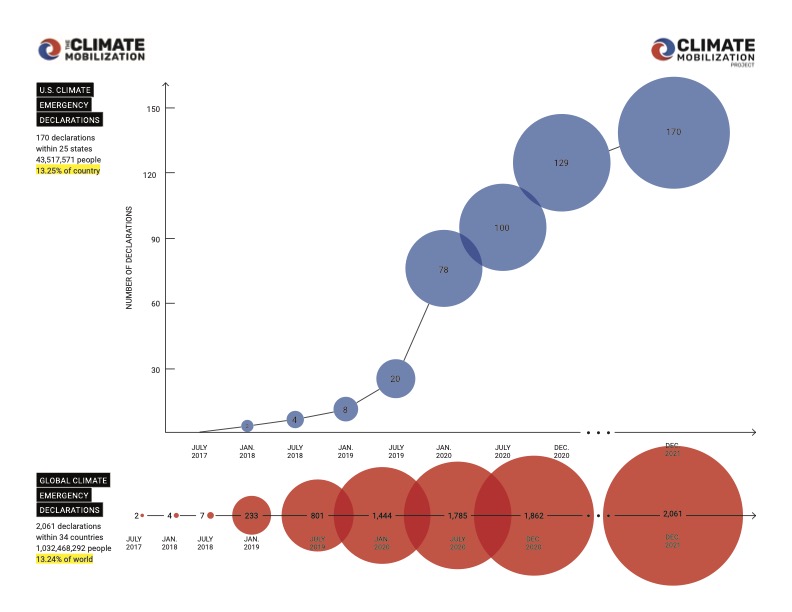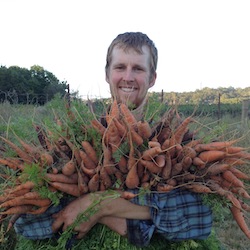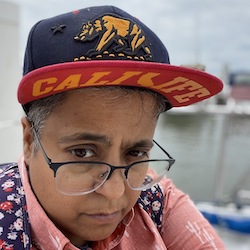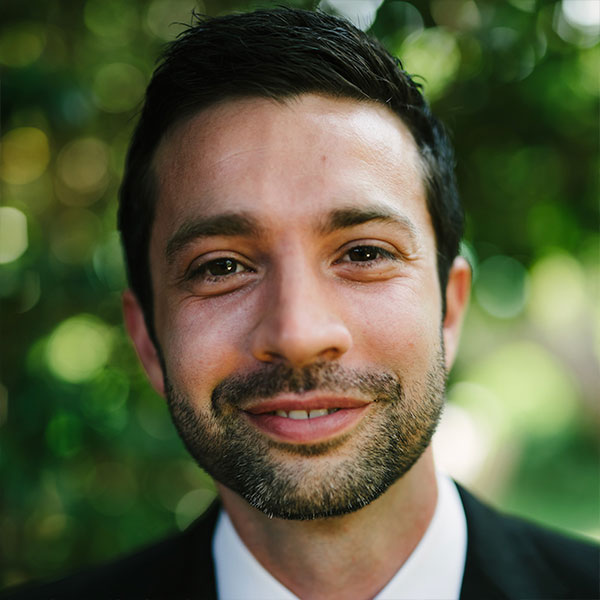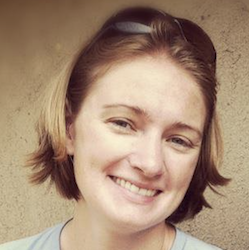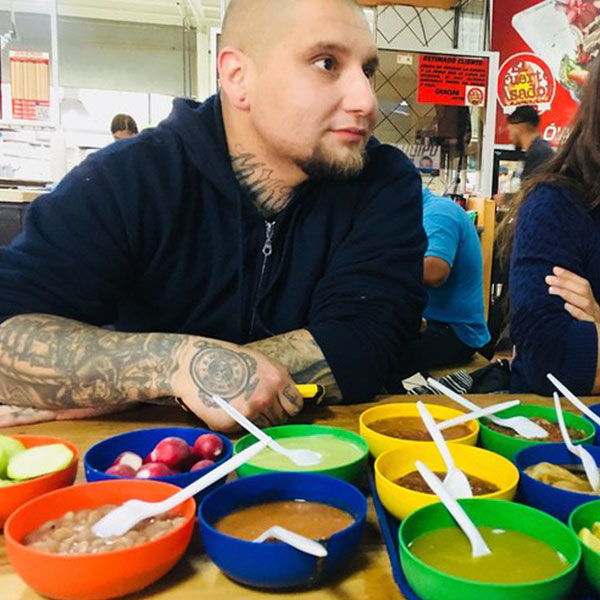Thanksgiving evokes complicated feelings in me, as it has since my mom took me to the Annual Indigenous Peoples Thanksgiving Sunrise Gathering on Alcatraz Island as a child. Thousands of Indigenous people and supporters gather every year at dawn on the fourth Thursday in November to commemorate the pivotal 1969-1971 occupation of the island by members of the American Indian Movement, and to speak and pray for justice for Indigenous communities. In retrospect, observing this ceremony and learning this history was one of a handful of key experiences that sparked my love of direct action and my mistrust of predominant narratives.
This is the year to sit with the hard truths. To hold the grief along with the gratitude — not as opposite emotions, but instead as potent messages that can guide us toward a different future. As we reflect on the genocide perpetuated by European colonizers against Indigenous people, let us honor the legacy, resilience and righteous leadership of Indigenous people in the US and around the world. Please take time to read about the #LandBack movement and the centrality of Indigenous rights and sovereignty to climate action.
In years past when I have gathered with my family and our closest friends, we remind each other of the love and community we share. This celebration of gratitude has always been my favorite, but this year, many like me may find it even harder to feel grateful.
The events of 2020 have pushed our country to the breaking point; the official global death toll is 1.4 million but the real toll is likely much higher. In the U.S. millions of people are out of work, facing eviction or already on the streets because our system is broken. The pain and grief is overwhelming.
Even after a partial electoral victory, our country appears to be entering another period of political gridlock, and the stakes are as high as imaginable. One side is fighting to continue feeding the extractive machine of late stage capitalism, exploiting humans and the living world. The other side lacks institutional power, but is a powerful and growing movement, fighting for justice and the freedom to live a decent life with dignity on a habitable planet.
The cascading impacts of the climate and biodiversity emergency call us to awaken — to choose a side and refuse to look away from the struggle.
And so we dig deep. Because the people on this email list, our communities, and the worldwide movement are inherently driven by love and a vision for a new way, a better world.
Today and during this challenging time, I am grateful for the awakening and for the distributed leadership of the people and our interlocking movements, working tirelessly for justice. I am grateful for the deep listening of many who say they want to make a better world, and for every small act we all do every day to help create it.
I am grateful for the little ones and the elders. For the trees and the birds. Grateful that we are all connected and our fate is shared during this brief time we have together. And for the infinite moments of care and solidarity that weave together to make our world.
There is a tremendous amount of work yet to be done. But it’s moments like this that move us forward. Toward justice. Toward peace. And I am inordinately grateful to share these moments with the team of The Climate Mobilization and with all of you.
In solidarity,
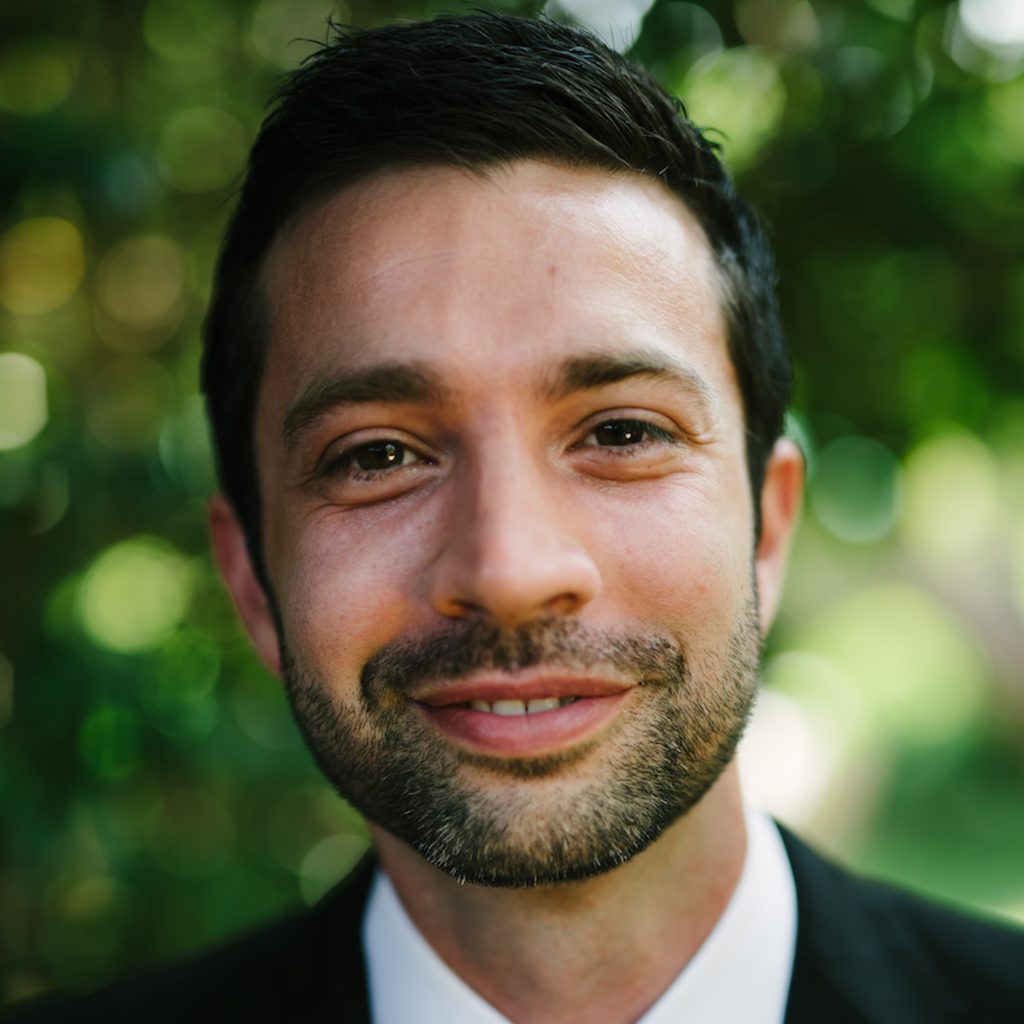
Matt Renner
Executive Director, The Climate Mobilization
P.S. Because of the pandemic, this year’s Indigenous Peoples Thanksgiving Sunrise Gathering is much smaller and will be livestreamed on Thursday morning; visit the International Indian Treaty Council website for more information.




